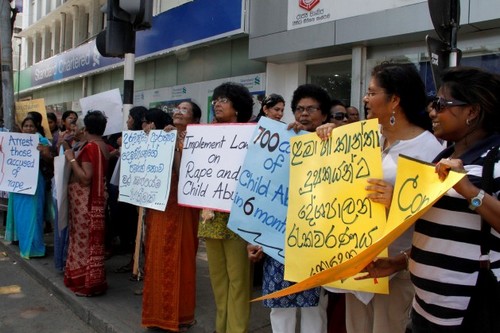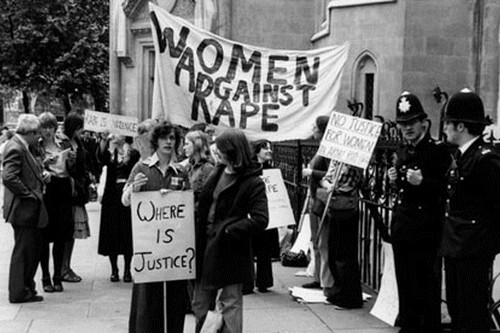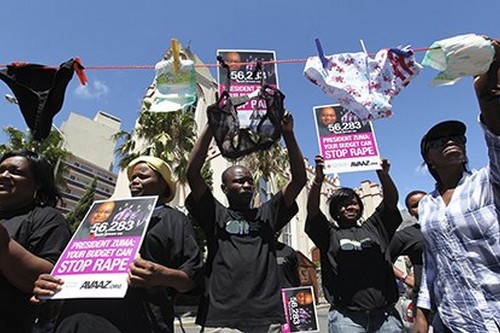
Survivors may get to report sexual abuse as a child until age 25
If the move gets a nod from the Centre, it will mean survivors will have to file a complaint before they turn 25, after which the statute of limitations will expire.
For people who have been sexually abused as children, the Union women and child development (WCD) ministry is seeking a seven-year time limit, after they turn 18, to report such offenses, senior ministry officials familiar with the development said.
If the move gets a nod from the Centre, it will mean survivors will have to file a complaint before they turn 25, after which the statute of limitations will expire.
The issue was discussed at a review meeting chaired by women and child development minister Maneka Gandhi last week. “It was decided that having a specific time limit will help ensure that evidence or samples in sexual offense cases such as rape and molestation are good enough to stand scrutiny,” said a ministry official who asked not to be named.
A second ministry official said: “We are examining if the clause to have a seven-year time limit can be incorporated in the POCSO (Protection of Children from Sexual Offence) Act — the special law to protect children from sexual abuse — besides seeking an amendment to the Code of Criminal Procedure (CrPC), which is the procedural law and specifies the statute of limitations for filing complaint.”
The official added, “We will write to ministry of home affairs (MHA) again seeking an amendment to CrPC. We had written to MHA in February but at that time we had not specified the time limit.”
Currently, under section 468 of CrPC, the time limit for reporting an offense that is punishable with a fine is six months. For offenses punishable with imprisonment of up to one year, the statutory time limit for reporting the incident is one year. For offenses punishable with imprisonment of up to three years, the time limit for filing a complaint is three years. There is no specification of the time limit for offenses in which the punishment is beyond three years in prison.
Another section of the CrPC, 473, says a court may take cognizance of an older case if it is in the “interest of justice” or the “delay has been properly explained”.










